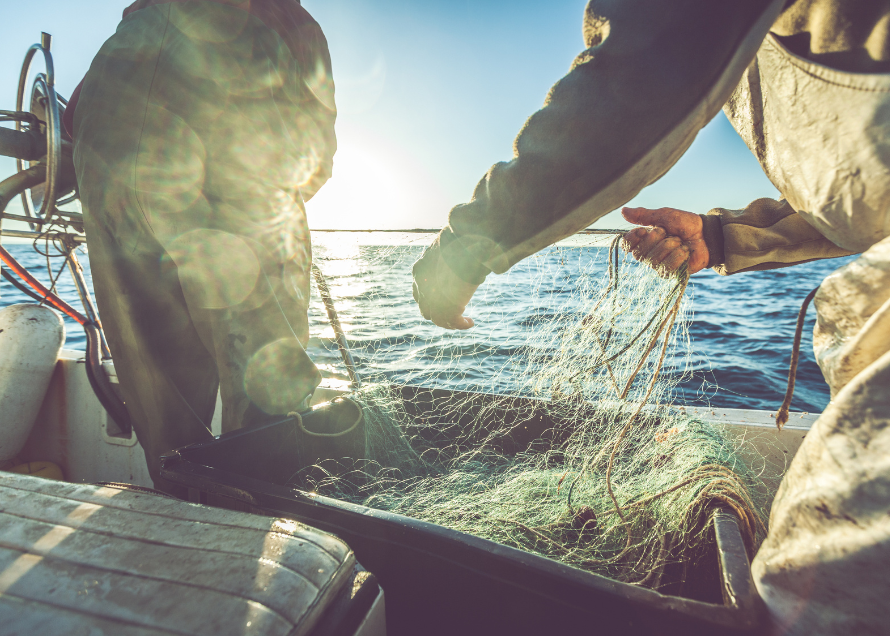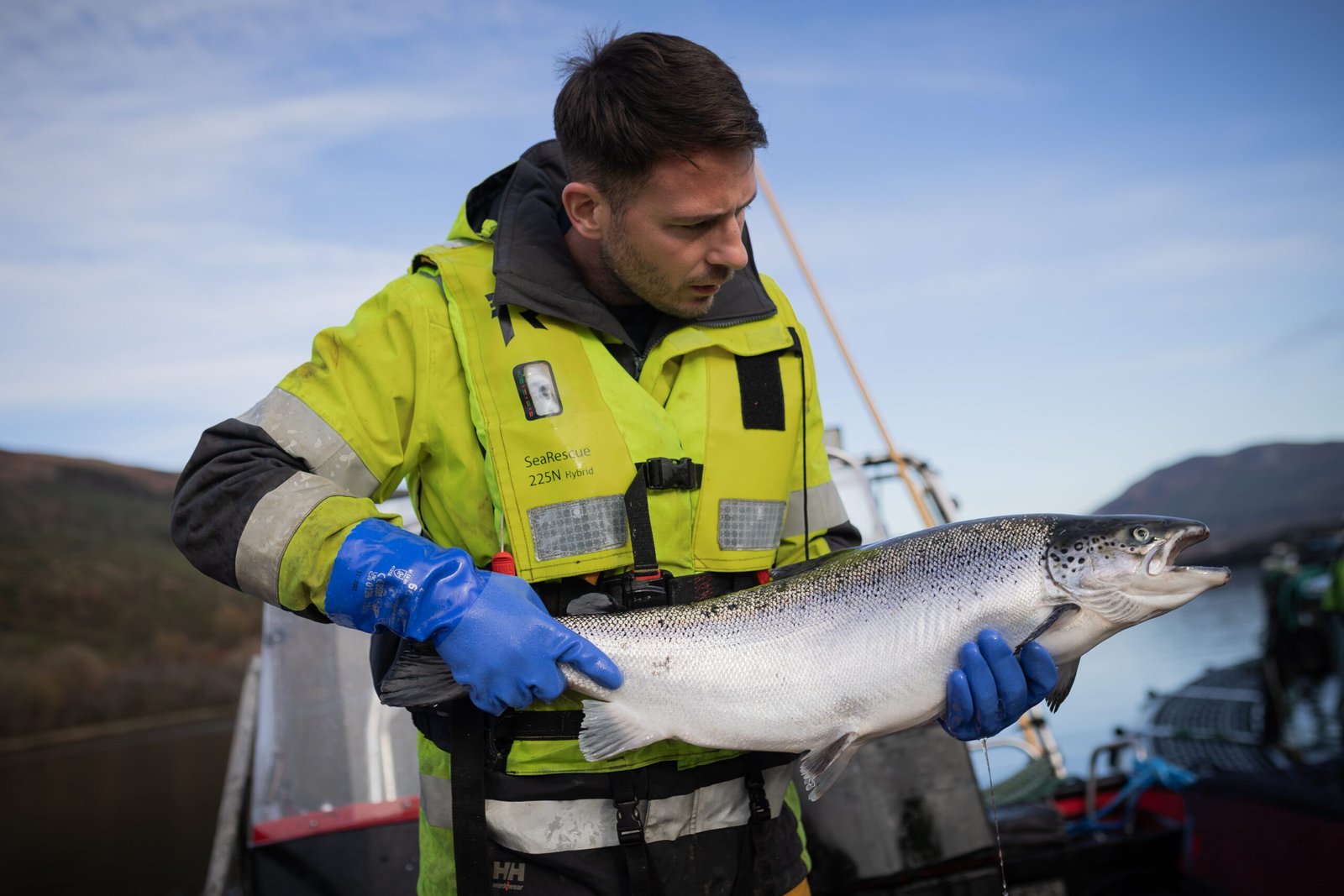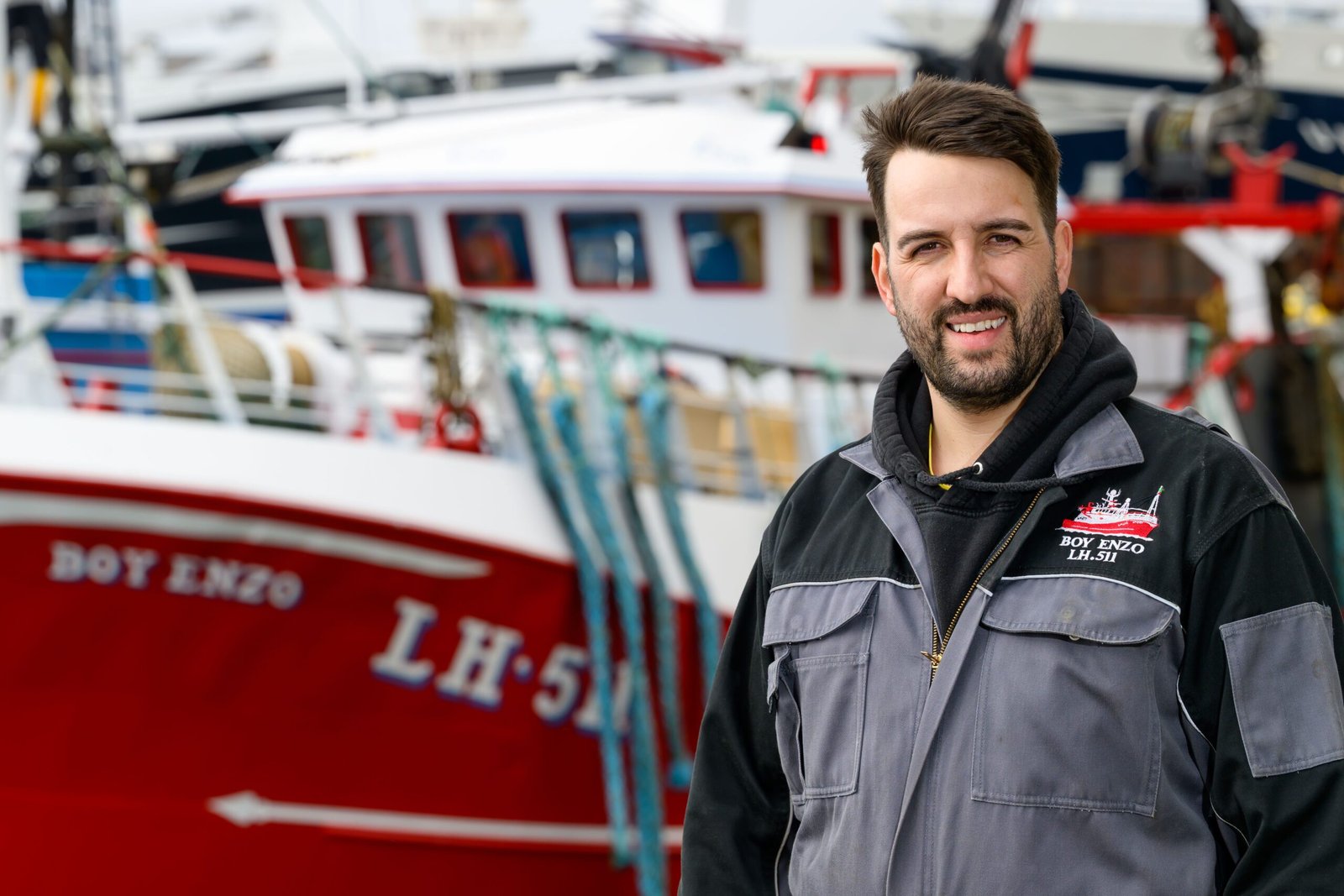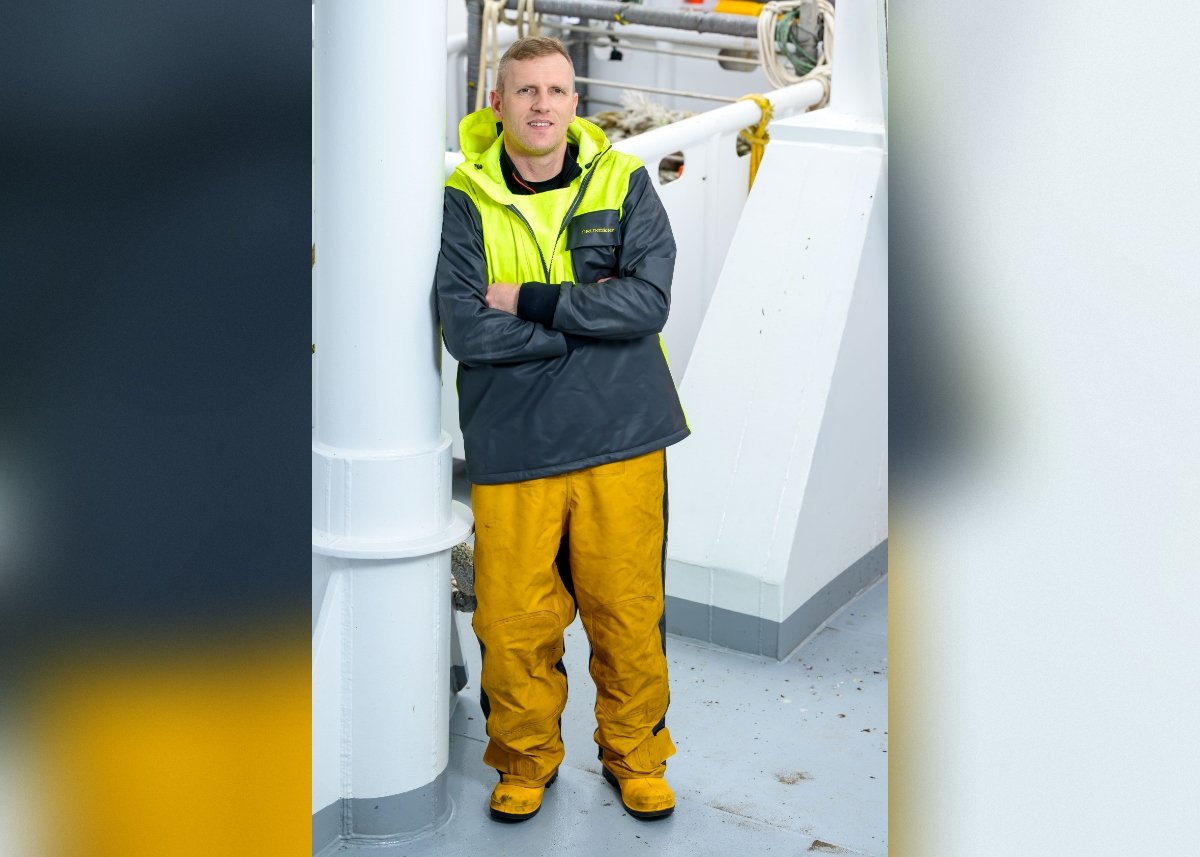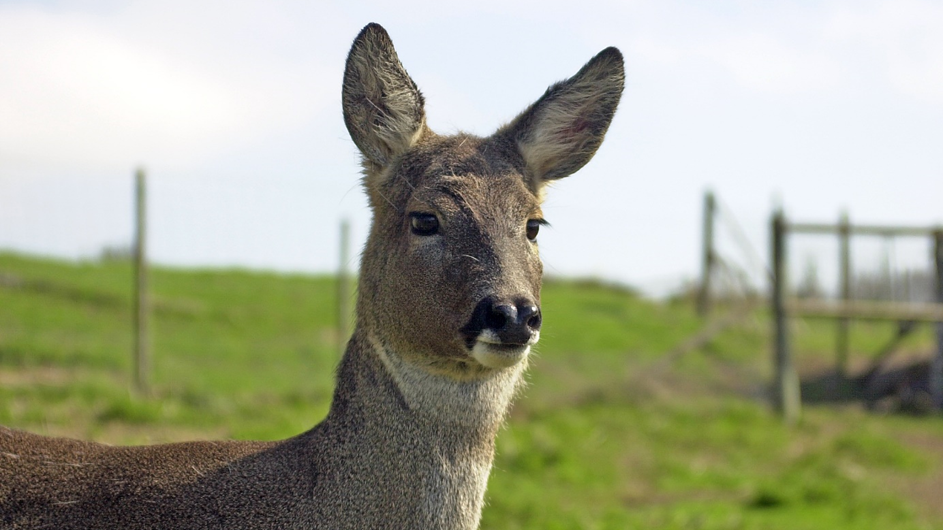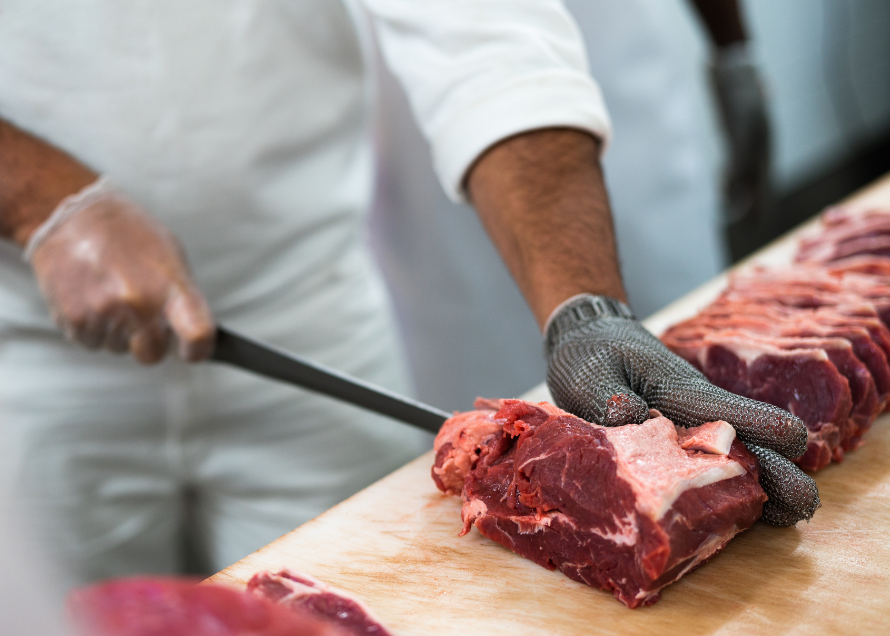Scotland’s salmon industry has strengthened its reputation as a cornerstone of the national economy, with a new report confirming that farm-raised salmon now generates over £1 billion annually for the country. The analysis, published this week, highlights surging international demand, record export values, and continued investment in fish health and welfare.
Tavish Scott, Chief Executive of Salmon Scotland, hailed the figures as a testament to the dedication of thousands working in the sector. “Scottish salmon farmers provide the highest standards anywhere in the world for the animals in their care, and have invested £1 billion in fish health and welfare since 2018,” he said. “And while no farmer wants to lose any animal, the care our farmers provide means that survival rates for farm-raised salmon – which spend up to 18 months in the sea – are dramatically higher than their wild cousins. It is testament to the dedication of farmers that survival rates on Scottish salmon farms are now at the highest level since 2020”.
You Might Also Like:
No related posts.
Exports remain a vital driver, with international sales approaching the £1 billion milestone fuelled by robust demand in markets like the US and France. In the first half of 2025 alone, salmon exports were worth £528 million, bolstered by both higher volumes and improved survival rates among fish stocks.
Deputy First Minister Kate Forbes praised the sector’s achievement, emphasising its role in rural prosperity and Scotland’s food brand reputation. “These exceptional figures clearly demonstrate the surging global demand for Scottish salmon, which is a critical part of Scotland’s wider food and drink sector,” Forbes commented. “The industry supports resilient rural communities and helps position Scotland as a leader in sustainable seafood on the world stage. Continued collaboration between government and producers will be key to maintaining high standards of welfare, innovation, and environmental stewardship”.
Looking ahead, both industry and government see opportunities for further growth, especially if trade barriers such as US tariffs can be addressed. With over 2,500 direct jobs and a wider supply chain supporting thousands more across Scotland’s coastal and island communities, farmed salmon remains at the heart of Scotland’s economic and cultural identity.

